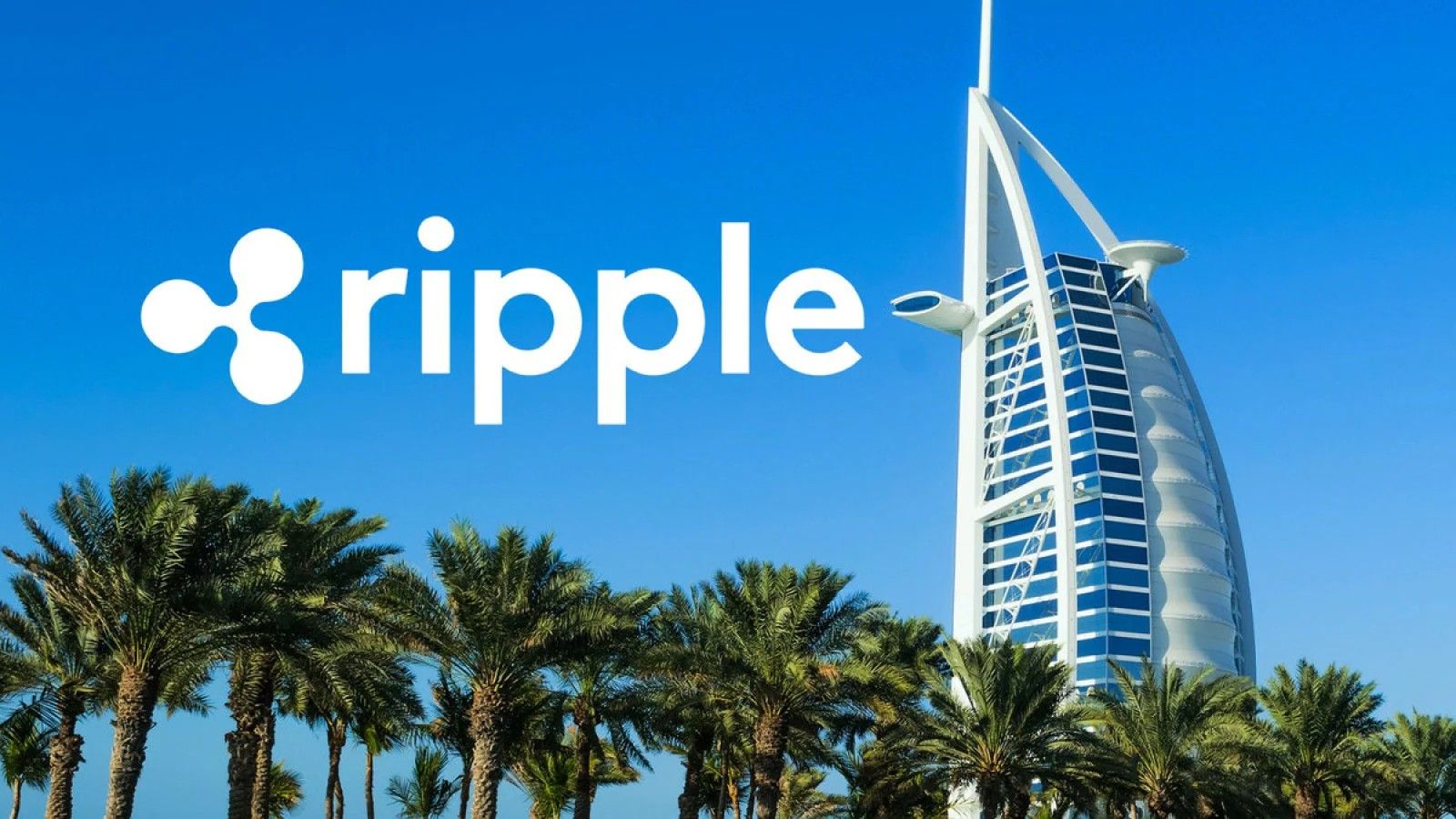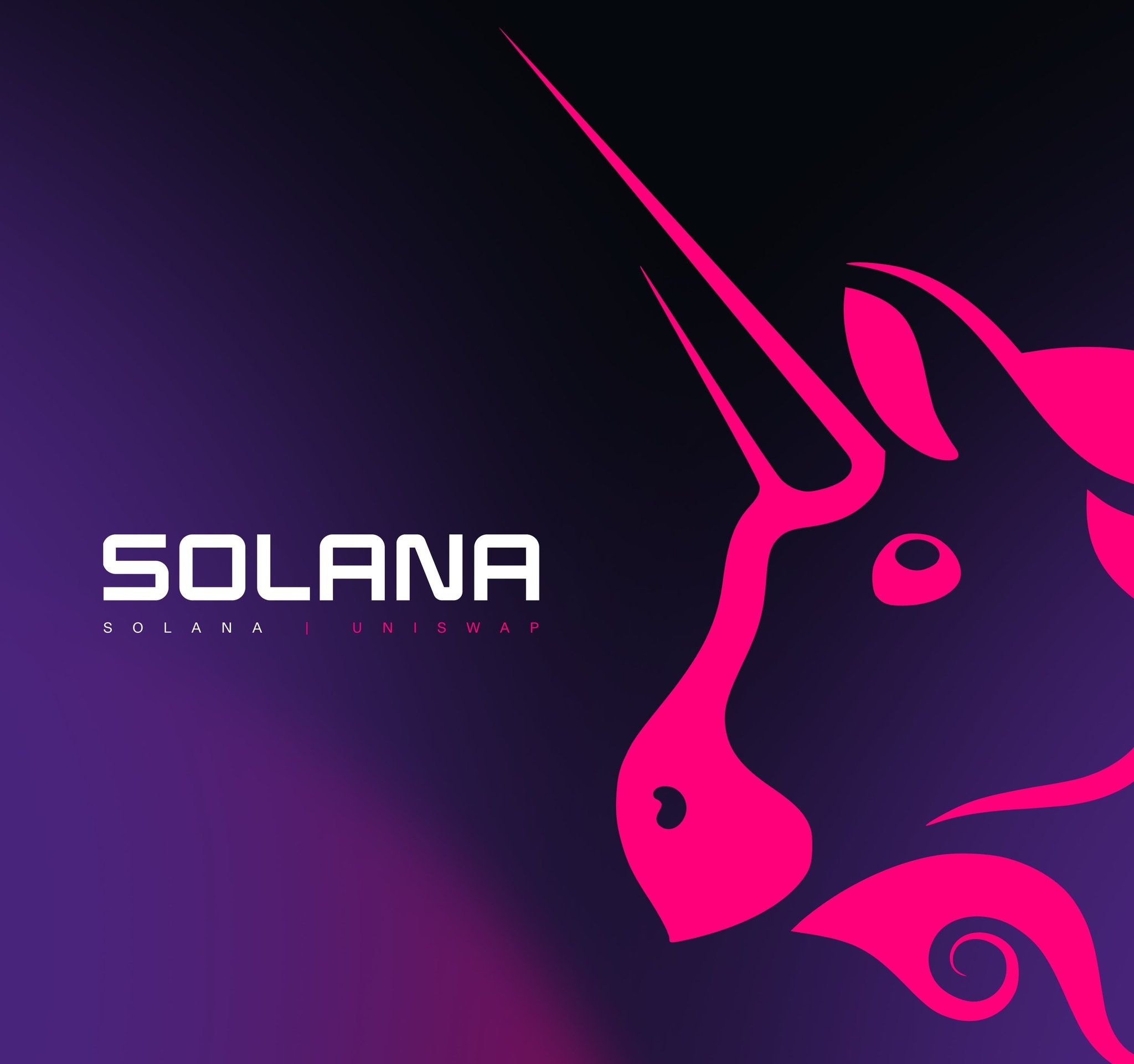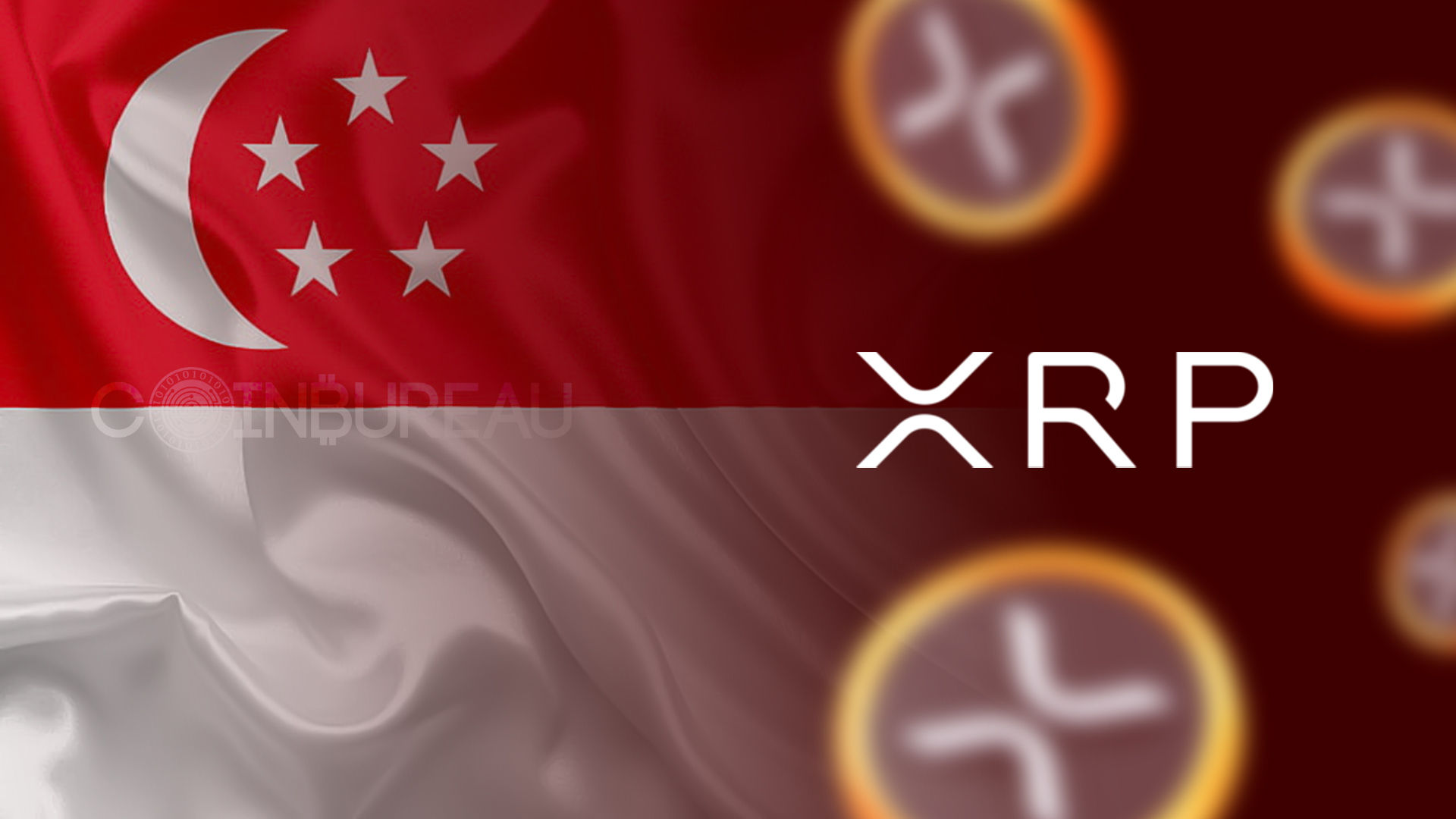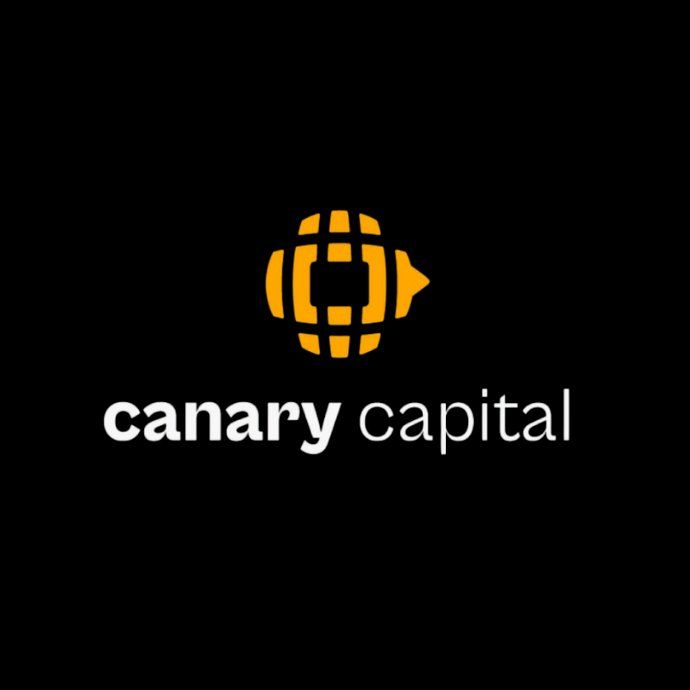In the United Arab Emirates, Ripple has revealed its first two blockchain payment customers. Zand Bank and fintech startup Mamo are set to use the service following the Dubai Financial Services Authority (DFSA)’s recent regulatory certification of Ripple Payments.
This comes just two months after Ripple secured a DFSA license in March 2025, making it the first blockchain-enabled payments service.
Thanks to the deployment of Ripple Payments, both financial institutions will be able to provide their clients with cross-border payment capabilities around the clock, with settlement times in minutes, not days. This is a significant improvement compared to conventional international payment rails, which can have exorbitant fees, protracted processing times, and little transparency.
Zand Bank, Mamo, and the Rise of Crypto Adoption
Zand Bank is the UAE’s first fully digital bank with a commercial license. In addition to implementing Ripple’s blockchain payment infrastructure, the bank revealed plans to launch an AED-backed stablecoin to enhance digital transactions further.
Mamo, a growing UAE-based fintech startup, notes that partnering with Ripple aligns with its mission to simplify payments for businesses and consumers. The company sees blockchain-powered payments as critical infrastructure for supporting the UAE’s expanding business ecosystem.
According to Ripple’s 2025 New Value Report, 64% of finance leaders in the Middle East and Africa cite faster payments and settlement times as the primary motivation for incorporating blockchain technology into their cross-border payment operations.
Ripple’s Payment solution now offers near-global coverage, with over 90 payout markets representing more than 90% of daily FX markets. The network has processed more than $70 billion in transaction volume to date.
Now that it has obtained its DFSA license and formed its first alliances, Ripple is part of an expanding network of blockchain and cryptocurrency businesses operating in Dubai. Through supportive legal frameworks and efforts to attract blockchain companies, the emirate has aggressively established itself as a center for the development of digital assets.
The company’s portfolio of more than 60 regulatory licenses and registrations in numerous jurisdictions worldwide also supports its current availability in Dubai, the United States, Brazil, Mexico, Australia, and Switzerland.
READ MORE: Bitcoin Market Cap Flipped Google: Can it Flip Apple, Microsoft, NVIDIA?












